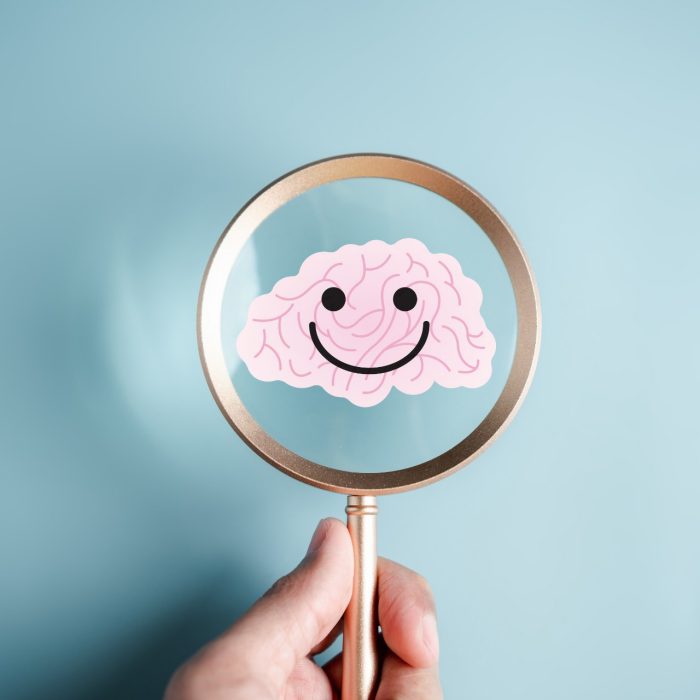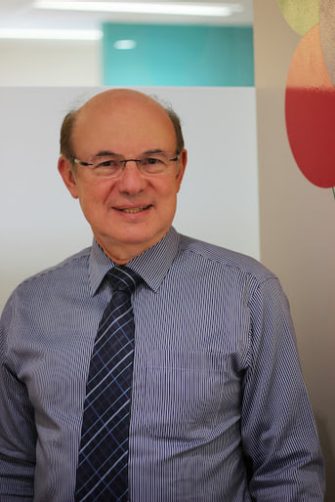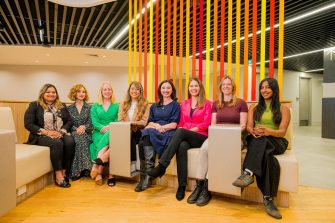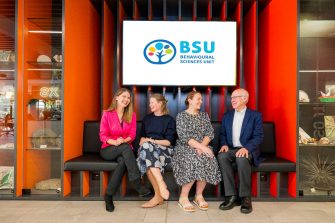About us

The Behavioural Sciences Unit is a part of the Kids Cancer Centre at Sydney Children's Hospital and the School of Clincial Medicine - Discipline of Paediatrics & Child Health, UNSW.
Our Unit undertakes psychosocial and nutritional research as related to paediatric illness, with a focus on childhood cancer. We evaluate many of the challenges families face from the time their child is diagnosed through to survivorship or bereavement.
We are a multidisciplinary team with representation from psychology, dietetics, paediatric oncology/haematology, social work, nursing, bereavement counselling, behavioural sciences, and exercise physiology. We also include consumer representatives in our projects.
Our vision is to create, and be a part of, a fully integrated clinical and research space, fostering a ‘whole of life’ approach to childhood illness; recognising the child as a patient, a family member, a future adult and a member of society.
Our goal is to enable each new generation of families affected by serious or chronic illness to have a better experience than the last.










